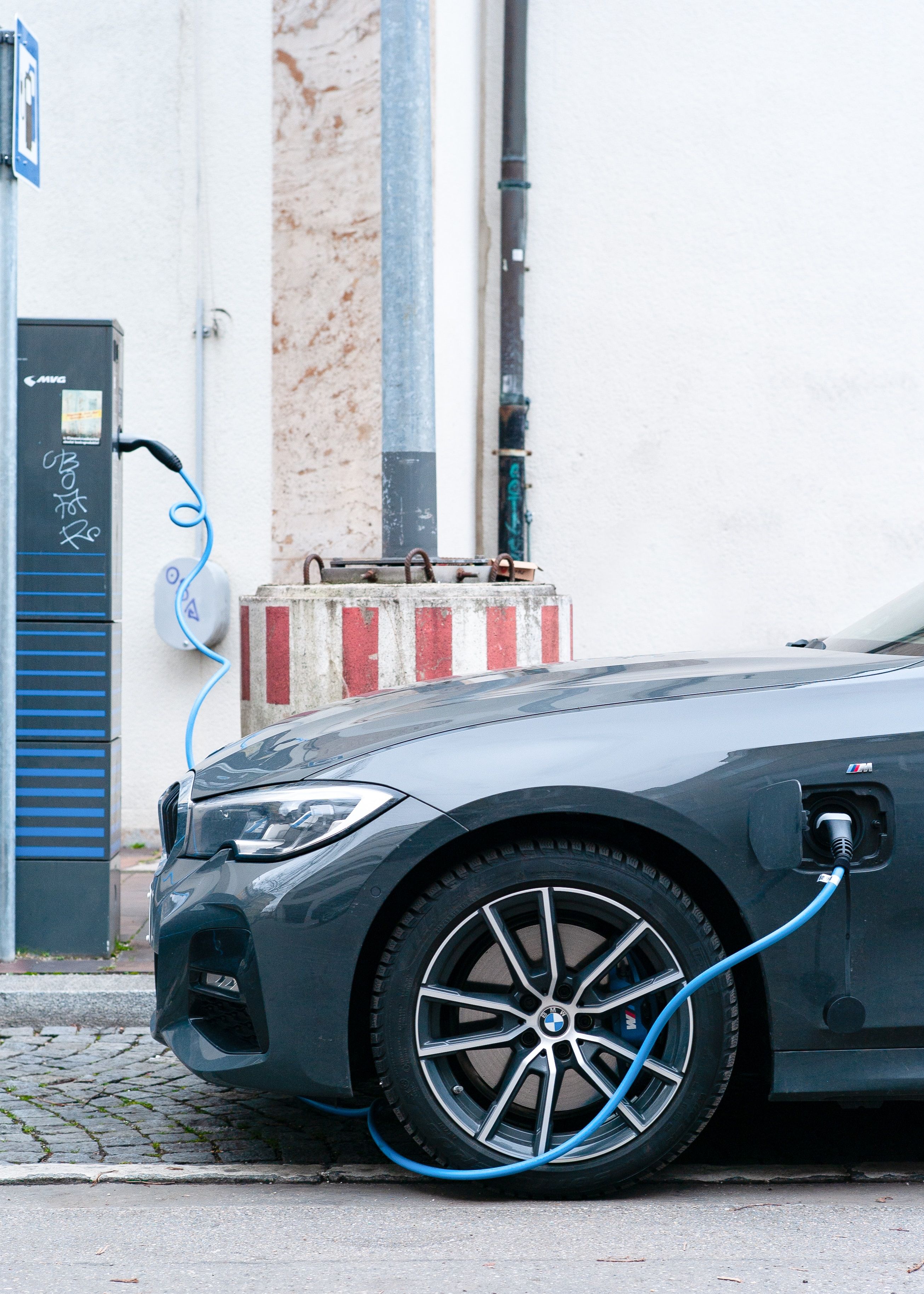In the dynamic landscape of electric vehicle (EV) adoption, the UK is committed to fostering sustainable mobility through a range of grants, incentives, and loans to achieve Net Zero targets by 2050. Whether you’re considering a used electric car, exploring the benefits of a new EV, or seeking other forms of support, this article provides a comprehensive guide to the latest opportunities available. Join us as we navigate EV incentives across the UK.
Incentives for financing electric cars
1) EST loans for Scotland residents
Unfortunately, the availability of grants and incentives for used electric cars in the UK is currently limited. Still, we have some good news if you’re living in Scotland. Energy Saving Trust (EST) provides interest-free loans, which are funded by Transport Scotland, to Scottish residents who’d like to hop in a used electric car.
Individuals can receive up to £30,000 to buy multiple types of electric vehicles including cars, vans, mopeds, and motorcycles. While the Energy Saving Trust (EST) does provide interest-free loans, the specific amount and eligibility criteria should be confirmed on the official EST website, as they can change annually. If you’ve taken out this loan, you should pay back the debt over five years, and you should get the car from a dealership accredited by the Motor Ombudsman.
2) Tax Benefits
Benefit-in-Kind (BiK) for sal-sac:
If you don’t live in Scotland or if you’re willing to test out the wonders of electric cars through leasing first, the UK government offers some tax cuts in the form of Benefit-in-Kind (BiK) within salary sacrifice schemes.
The Benefit-in-Kind (BiK) rate for EVs remains at 2% until April 2025. From 2025 onward, it will rise by 1% annually, reaching 5% by April 2028—still significantly lower than higher-emission vehicles (up to 37%).
We’ve already explored how electric car salary sacrifice works in detail, but simply put, you can opt-in to lease either a used or new electric car if your employer has an agreement with a private electric car company. You benefit financially from paying less tax as the lease of the car is deducted from your gross monthly salary.
Although traditionally sal-sac has been presented for new electric cars, innovators in the industry like Octopus Electric Vehicles have recently come up with salary sacrifice schemes for used electric vehicles.
Vehicle Excise Duty (VED):
EVs have been exempt from VED, but starting April 1, 2025, this exemption will end. VED rates will be adjusted according to CO₂ emissions.
Besides, there are multiple incentives subsidised by the UK government for the transition to electric vehicles in the form of tax and charge brakes, loans for new EVs, and schemes for the purchase and installment of charging stations open to individuals and businesses.
3) Plug-in Vehicle Grant
One of the earlier grants that are currently available only for wheelchair-accessible vehicles, motorcycles & mopeds, trucks, taxis, and vans is the Plug-in Vehicle Grant. Launched in 2011, vehicles that are below a certain CO2 emission level and above the minimum electric range required are able to get a discount that is directly applied to the purchase price.The UK government offers financial incentives for specific categories of EVs:
- Vans: Small vans are eligible for a grant of up to £2,500, while large vans can receive up to £5,000, provided they meet CO₂ emission and zero-emission range requirements.
- Taxis: The Plug-in Taxi Grant provides £6,000 toward the purchase of eligible zero-emission taxis, extended until April 2025.
Don’t forget to check the government’s website for specific models and discount rates available within the scope of the Plug-in Vehicle Grant.
4) Exemption from the Congestion Charge
If you’re living in London, another exemption you can get is paying the Congestion Charge in case you’re using a pure-electric car. This charge was introduced in 2003 to prevent congestion in central London during peak hours. Although it should be noted that this exemption will be discontinued in December 2025, ULEZ charges are based on emissions standards. EVs still qualify as ULEZ-exempt, but this policy is subject to future updates.
Incentives for charge points
1) For individuals
Replacing the Electric Vehicle Homecharge Scheme (EVHS) in early 2022, The EV Chargepoint Grant would support you with covering expenses associated with installing an EV chargepoint socket at your residential property in the UK. This grant makes you eligible to receive either £350 or 75% of the amount required to purchase and install the socket, depending on which is lower.
You can apply regardless of whether you’re a homeowner or a renter as long as your vehicle is listed on the list of OZEV-approved electric vehicles and you do not own the independent house, i.e. not a flat part of a house you live in. In a similar vein, landlords can also benefit from an analogous subsidy.
2) For businesses
Considering businesses, charities, and public sector organisations, the UK government also offers a Workplace Charging Scheme (WCS). Again, it’s geared towards covering the upfront costs of the purchase and installation of charging point sockets at the workplace. While the aim behind the scheme is to incentivise businesses to set up charging points for their employees, it will fund 75% of total costs with a cap of 40 sockets across all sites, £350 per socket maximum. This grant can be combined with a specific grant provided to installers, although the same socket cannot be counted for both.
Conclusion
In conclusion, this journey through the realm of electric car incentives underscores the UK’s unwavering commitment to sustainable and eco-friendly transportation despite recent setbacks announced by the government. As we explore these incentives, you have the opportunity to assess and choose the options that align best with your EV journey, empowering you to contribute to a greener and more sustainable future in your own way.
